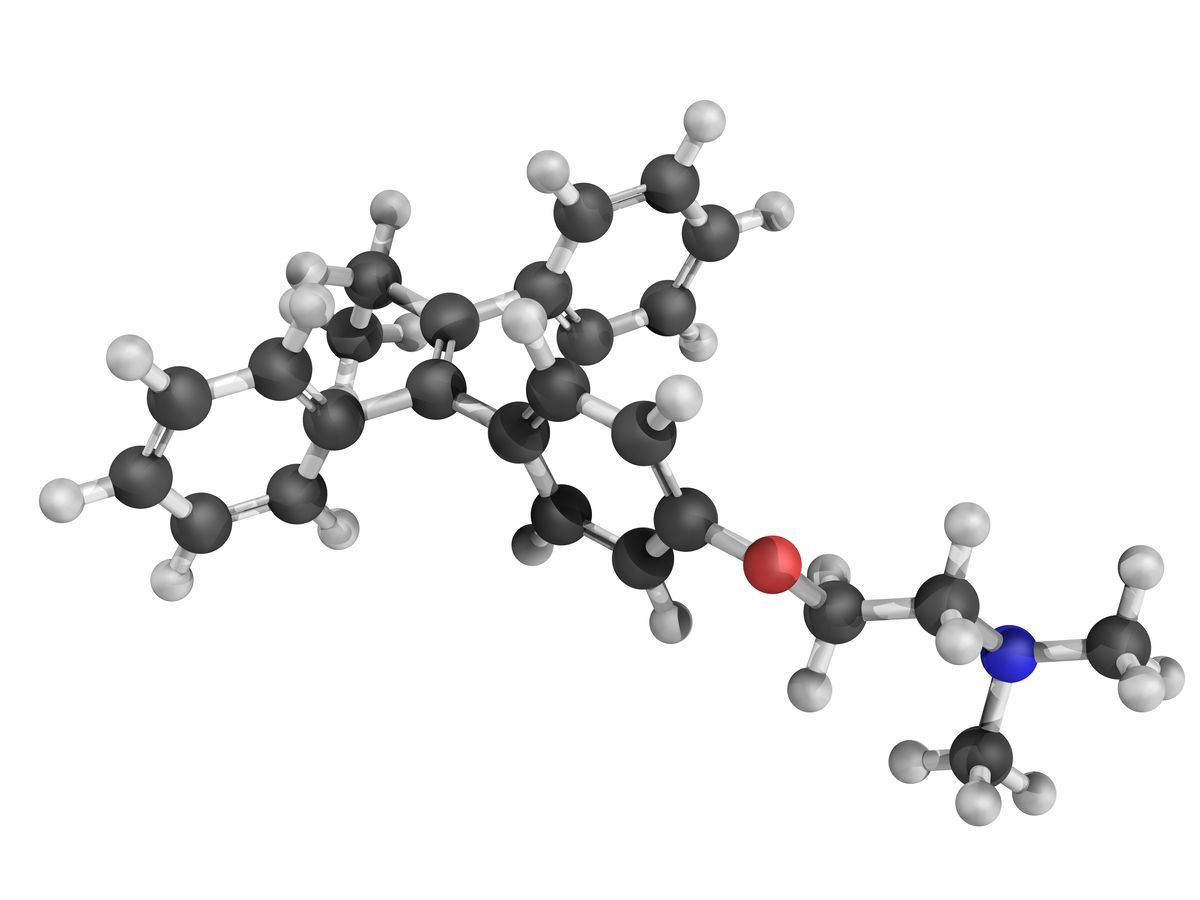- Center on Health Equity & Access
- Clinical
- Health Care Cost
- Health Care Delivery
- Insurance
- Policy
- Technology
- Value-Based Care
Low Adherence to Endocrine Therapy Highlights Urgent Need in the Breast Cancer Space
Study investigators note their meta-analysis may be the first to demonstrate the importance of interventions to support adherence to adjuvant endocrine therapy for breast cancer.
Health care providers may stand to benefit from the findings of a new systematic review and meta-analysis that show suboptimal adherence rates to adjuvant endocrine therapy (AET) for breast cancer, which highlights the need for tailored, evidence-based interventions that consider medication costs and the psychosocial effects of the cancer.
Findings were published recently in Journal of Clinical Oncology, with the key objective of uncovering effective interventions for promoting AET adherence among female patients living with breast cancer. The database search from October 2021 to November 2022 encompassed Medline, PsycINFO, and Embase; animal studies were excluded. Patients were considered adherent if they had an adherence rate of 80% of more—confirmed through prescription records, electronic monitoring, or self-report—and subgroup analyses covered study design, publication date, interventions that included interaction with cancer care providers/research teams, and policy interventions. Thirty-three studies were identified for the systematic review (15 randomized controlled trials [RCTs] and 18 non-RCTs), and 25 included in the meta-analysis.
“AETs are typically prescribed for 5-10 years; however, up to 40% of patients discontinue the medication early and 30% of patients take the medication less frequently than directed,” the study authors wrote. “Poor medication persistence and adherence have substantial mortality costs: AET nonadherence is associated with a 49% increase in all-cause mortality.”
Chemical structure of tamoxifen | Image Credit: ibreakstock - stock.adobe.com

Overall, data on the adherence rates of 375,951 survivors of breast cancer who had been prescribed AET were included in this analysis, and for the 25 studies covered by the meta-analysis, 367,873 survivors. Most of the studies (n = 21) covered patients taking any AET; 10, aromatase inhibitors (AIs); and 2, tamoxifen. Within the meta-analysis, 14 studies were about patients on any AET, 9 on AIs, and 2 on tamoxifen.
Fifteen studies examined early intervention in the course of AET treatment (at prescription initiation or within 1.5 years of adjuvant treatment start); 4, AET initiation; 15 studies, 0 to 5 years of treatment; and 1, tamoxifen treatment over 4 to 5 years among women who could then continue with letrozole. Two studies lacked data on length of AET.
The interventions investigated in this systematic review and meta-analysis most often targeted several adherence barriers simultaneously. They included education on medication necessity and importance and adverse effects of treatment; reminders through letters, text, mobile phone apps, calls, and smart pill caps; attempts to reduce negative attitudes toward AET; and reducing medication costs with oral parity legislation and generic medication substitution.
Within the meta-analysis, there were statistically significant effects in the intervention vs the control groups (odds ratio [OR], 1.412; 95% CI, 1.183-1.682; P = .0001); however, the non-RCT studies (k = 13; I2 = 97.1%) had greater heterogeneity vs the RCTs (k = 12; I2 = 34.9%). Also, for the studies that evaluated patient and oncology/research communication (bidirectional; OR, 1.574; 95% CI, 0.990-2.500) compared with 1-way communication (unidirectional; OR, 1.105; 95% CI, 0.8102-1.507; P = .214), there was no statistically significant difference in effect sizes.
A final subgroup analysis had the investigators evaluating difference between health system policy changes and nonpolicy interventions, and the former had greater heterogeneity (I2 = 99.4% vs 54.3%).
“Given that suboptimal AET adherence is common and is associated with breast cancer recurrence and mortality, there is a vital need for effective interventions to promote adherence,” the study authors emphasized, adding that research is increasingly recognizing this need, “with 18 new studies published since our previous meta-analysis in 2019.”
Along with their recommendation to better tailor interventions to target patient costs and the psychosocial effects of treatment to increase their efficacy, they note that a wide variety of interventions can be effective. Therefore, they also provided 5 recommended guidelines:
- Increase standardization/rigor of AET adherence measures
- Optimize intervention efficacy/efficiency through optimization trials
- Report sociodemographic data consistently
- Leverage established theory and intervention development frameworks
- Interventions should address not only newly identified AET barriers, but previously identified AET adherence risk factors and their sociocultural contexts
Reference
Bright EE, Finkelstein LB, Nealis MS, et al. A systematic review and meta-analysis of interventions to promote adjuvant endocrine therapy adherence among breast cancer survivors. J Clin Oncol. 2023;41(28):4548-4561. doi:10.1200/JCO.23.00697
